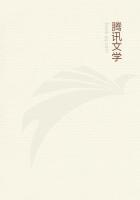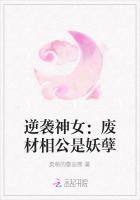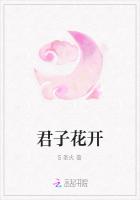It need hardly be said that we are not to affirm Relation where one thing is simply an attribute of another, as a habit is an attribute of a soul or of a body; it is not Relation when a soul belongs to this individual or dwells in that body.Relation enters only when the actuality of the relationships is derived from no other source than Relation itself; the actuality must be, not that which is characteristic of the substances in question, but that which is specifically called relative.Thus double with its correlative, half gives actuality neither to two yards' length or the number two, nor to one yard's length or the number one; what happens is that, when these quantities are viewed in their relation, they are found to be not merely two and one respectively, but to produce the assertion and to exhibit the fact of standing one to the other in the condition of double and half.Out of the objects in a certain conjunction this condition of being double and half has issued as something distinct from either; double and half have emerged as correlatives, and their being is precisely this of mutual dependence; the double exists by its superiority over the half, and the half by its inferiority; there is no priority to distinguish double from half; they arise simultaneously.
It is another question whether they endure simultaneously.Take the case of father and son, and such relationships; the father dies, but the other is still his son, and so with brothers.Moreover, we see likeness where one of the like people is dead.
8.But we are digressing: we must resume our enquiry into the cause of dissimilarity among relations.Yet we must first be informed what reality, common to all cases, is possessed by this Existence derived from mutual conditions.
Now the common principle in question cannot be a body.The only alternative is that, if it does exist, it be something bodiless, either in the objects thus brought together or outside of them.
Further, if Relation always takes the same form, the term is univocal [and specific differentiation is impossible]; if not, that is if it differs from case to case, the term is equivocal, and the same reality will not necessarily be implied by the mere use of the term Relation.
How then shall we distinguish relations? We may observe that some things have an inactive or dormant relation, with which their actuality is entirely simultaneous; others, combining power and function with their relation, have the relation in some mode always even though the mode be merely that of potentiality, but attain to actual being only in contact with their correlatives.Or perhaps all distinctions may be reduced to that between producer and product, where the product merely gives a name to the producer of its actuality: an example of this is the relation of father to son, though here both producer and product have a sort of actuality, which we call life.
Are we thus, then, to divide Relation, and thereby reject the notion of an identical common element in the different kinds of Relation, making it a universal rule that the relation takes a different character in either correlative? We must in this case recognise that in our distinction between productive and non-productive relations we are overlooking the equivocation involved in making the terms cover both action and passion, as though these two were one, and ignoring the fact that production takes a different form in the two correlatives.Take the case of equality, producing equals: nothing is equal without equality, nothing identical without identity.Greatness and smallness both entail a presence-the presence of greatness and smallness respectively.When we come to greater and smaller, the participants in these relations are greater and smaller only when greatness and smallness are actually observed in them.
9.It follows that in the cases specified above- agent, knowledge and the rest- the relation must be considered as in actual operation, and the Act and the Reason-Principle in the Act must be assumed to be real: in all other cases there will be simply participation in an Ideal-Form, in a Reason-Principle.
If Reality implied embodiment, we should indeed be forced to deny Reality to these conditions called relative; if however we accord the pre-eminent place to the unembodied and to the Reason-Principles, and at the same time maintain that relations are Reason-Principles and participate in Ideal-Forms, we are bound to seek their causes in that higher sphere.Doubleness, it is clear, is the cause of a thing being double, and from it is derived halfness.
Some correlatives owe their designations to the same Form, others to opposite Forms; it is thus that two objects are simultaneously double and half of each other, and one great and the other small.It may happen that both correlatives exist in one object-likeness and unlikeness, and, in general, identity and difference, so that the same thing will be at once like and unlike, identical and different.
The question arises here whether sharing in the same Form could make one man depraved and another more depraved.In the case of total depravity, clearly the two are made equal by the absence of a Form.Where there is a difference of degree, the one has participated in a Form which has failed to predominate, the other in a Form which has failed still more: or, if we choose the negative aspect, we may think of them both as failing to participate in a Form which naturally belonged to them.
Sensation may be regarded as a Form of double origin [determined both by the sense-organ and by the sensible object]; and similarly with knowledge.
Habit is an Act directed upon something had [some experience produced by habit] and binding it as it were with the subject having [experiencing], as the Act of production binds producer and product.
Measurement is an Act of the measurer upon the measured object: it too is therefore a kind of Reason-Principle.


